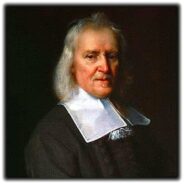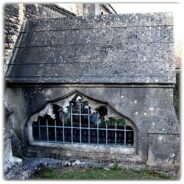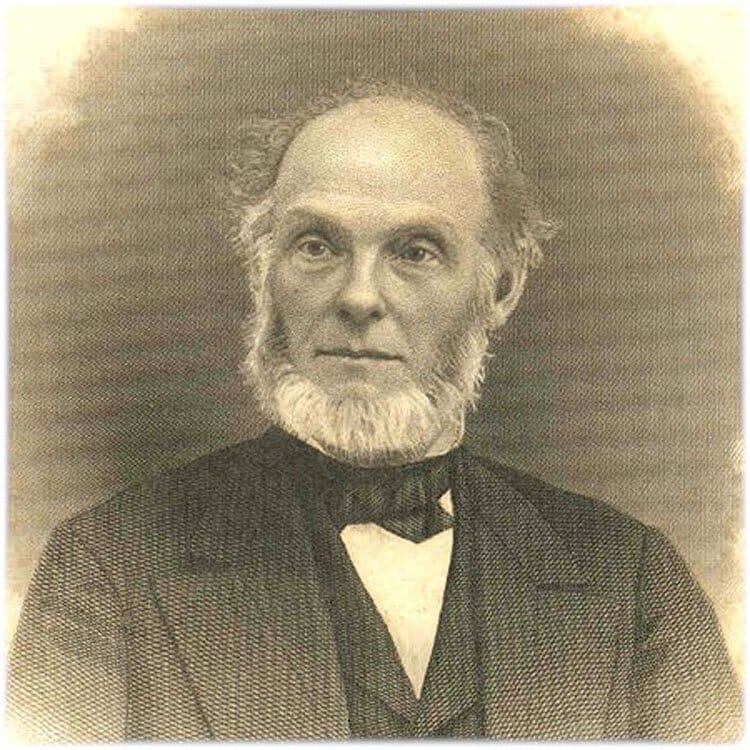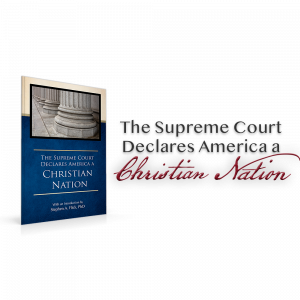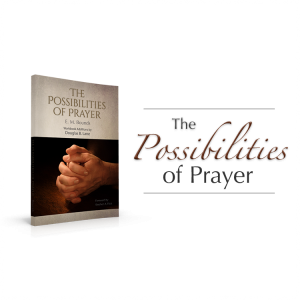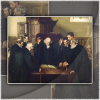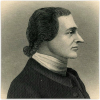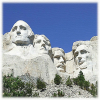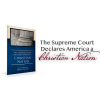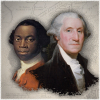Standing Against the King: Bishop Thomas Ken
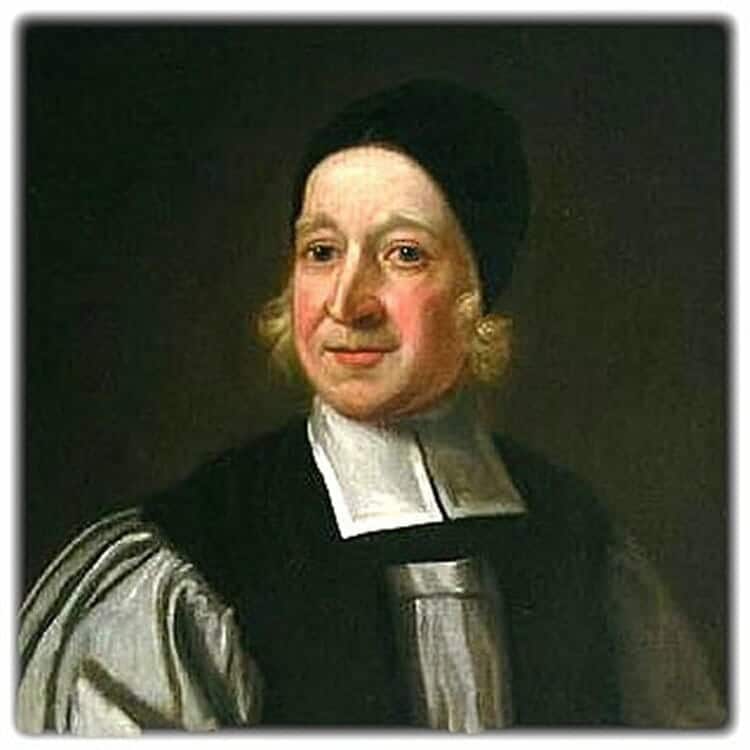
Each time the Doxology is sung, Christians should deeply sense the reverence and gratitude its words evoke for a holy God, but they should also hear its accompanying invitation to fidelity to the Word and will of God. In contemporary America, the clergy are less ready to stand against social, moral, and political decadence than were previous generations of Christian leaders. Fearing reprisal from the IRS, denominations, congregations, and local pastors have allowed their voices to be stifled by the cadence of a liberal social agenda. For those believers who are willing to be instructed by good and godly examples of vital Christianity, the name of Thomas Ken (1637-1711), author of the Doxology, should inspire all Christians to faithfulness in an unfaithful world.
Though his name is not readily recognized, Bishop Thomas Ken's Doxology is one of the most widely used songs throughout Christendom. Thomas Ken was an Anglican bishop who served the Lord faithfully. Unwilling to compromise the gospel to please his earthly sovereign, Bishop Ken died in poverty. His personal and spiritual legacy remains enduring and endearing legacies for the Christian who will stand against the moral decay of any society.
Table of Contents
Birth and Education
Thomas Ken was born at Berkhampstead, Hertfordshire, England, July 1637. He received his education at Winchester School, Herford College, and New College, Oxford. As was customary for Anglican clergy, Ken received a university education to fulfill his academic requirement for entry into the ministry. Anglican clergy, John and Charles Wesley, were also graduates of Oxford University.
At an early age, Ken was orphaned but found a home with his married sister who was the wife of the renowned angler, Izaak Walton.
Ministry under Charles II (1662)
Ken was ordained about 1662 and first ministered in a poor parish in the diocese of Winchester before assuming responsibilities at Winchester College for nearly ten years. In 1674, Bishop Ken penned his most famous song, generally known as The Doxology. (Please see below)
In 1679, Ken was appointed chaplain to Princess Mary of York, wife of Prince William of Orange and daughter of King James II. The following year (1680) he became royal chaplain to King Charles II. Soon after becoming royal chaplain, the king asked Ken to vacate his bishop's residence to provide a place for Charles' mistress, Nell Gwyn. Ken refused the request of King Charles, but his boldness in standing for Christian principle did not diminish him in the King's eyes, but ensured a place for Ken throughout Charles' reign. In 1685, Ken was appointed bishop of Bath and Wells, the same year in which he attended the king on his deathbed.
The fidelity to principle that characterized his ministry under King Charles II continued to mark Bishop Ken's ministry under the reign of King James II when James assumed the throne following Charles' death. In 1688, James issued his Declaration of Indulgences that appeared to offer greater toleration of Protestant Dissenters,[1] but the Declaration was a ruse intended to return England to the Pope and Roman Catholic control. Ken and six other bishops refused to publish it in their dioceses but instead published an order against the King's Declaration. All seven bishops were imprisoned in the tower of London and tried on the charge of sedition but were subsequently acquitted.
Despite this conflict with James, Bishop Ken remained loyal to his monarch, to the extent that he refused to support the reign of William and Mary when they pushed James from his thrown in 1688. When William and Mary ascended the throne the following year (1689), he refused to pledge his allegiance to them and was deprived of his office in 1691.
Deprived of his bishopric, Ken spent the remaining twenty years of his life in retirement, to a home generously provided for him by Lord Viscount Weymouth in Longleat, near Frome, in Somersetshire. To his Manual of Prayers (1674) were added his familiar hymns, "Awake, My Soul, and with the Sun" and "Glory to Thee, My God, This Night" in the seventh edition of 1700.
On March 19, 1711, Bishop Ken died in poverty. At his request, he was carried to his grave by six of the poorest men in the parish.
Awake, my soul, and with the sun
Thy daily stage of duty run;
Shake off dull sloth, and joyful rise,
To pay thy morning sacrifice.
Thy precious time misspent, redeem,
Each present day thy last esteem,
Improve thy talent with due care;
For the great day thyself prepare.
By influence of the Light divine
Let thy own light to others shine.
Reflect all Heaven's propitious ways
In ardent love, and cheerful praise.
In conversation be sincere;
Keep conscience as the noontide clear;
Think how all seeing God thy ways
And all thy secret thoughts surveys.
Wake, and lift up thyself, my heart,
And with the angels bear thy part,
Who all night long unwearied sing
High praise to the eternal King.
All praise to Thee, who safe has kept
And hast refreshed me while I slept
Grant, Lord, when I from death shall wake
I may of endless light partake.
Heav'n is, dear Lord, where'er Thou art,
O never then from me depart;
For to my soul 'tis hell to be
But for one moment void of Thee.
Lord, I my vows to Thee renew;
Disperse my sins as morning dew.
Guard my first springs of thought and will,
And with Thyself my spirit fill.
Direct, control, suggest, this day,
All I design, or do, or say,
That all my powers, with all their might,
In Thy sole glory may unite.
I would not wake nor rise again
And Heaven itself I would disdain,
Wert Thou not there to be enjoyed,
And I in hymns to be employed.
Praise God, from Whom all blessings flow;
Praise Him, all creatures here below;
Praise Him above, ye heavenly host;
Praise Father, Son, and Holy Ghost.[2]
America deserves to know its true heritage.
Please contribute today!
Related Articles
[1] "Dissenters" were those who refused to join the Anglican Church. Catholics, along with many Protestants, refused to worship in the manner specified by Anglicanism or the Church of England.
[2] Christian Classics Ethereal Library, "The Doxology - Praise God, from Whom all blessings flow (Thomas Ken)," http://www.ccel.org/node/3798, July 21, 2012.

